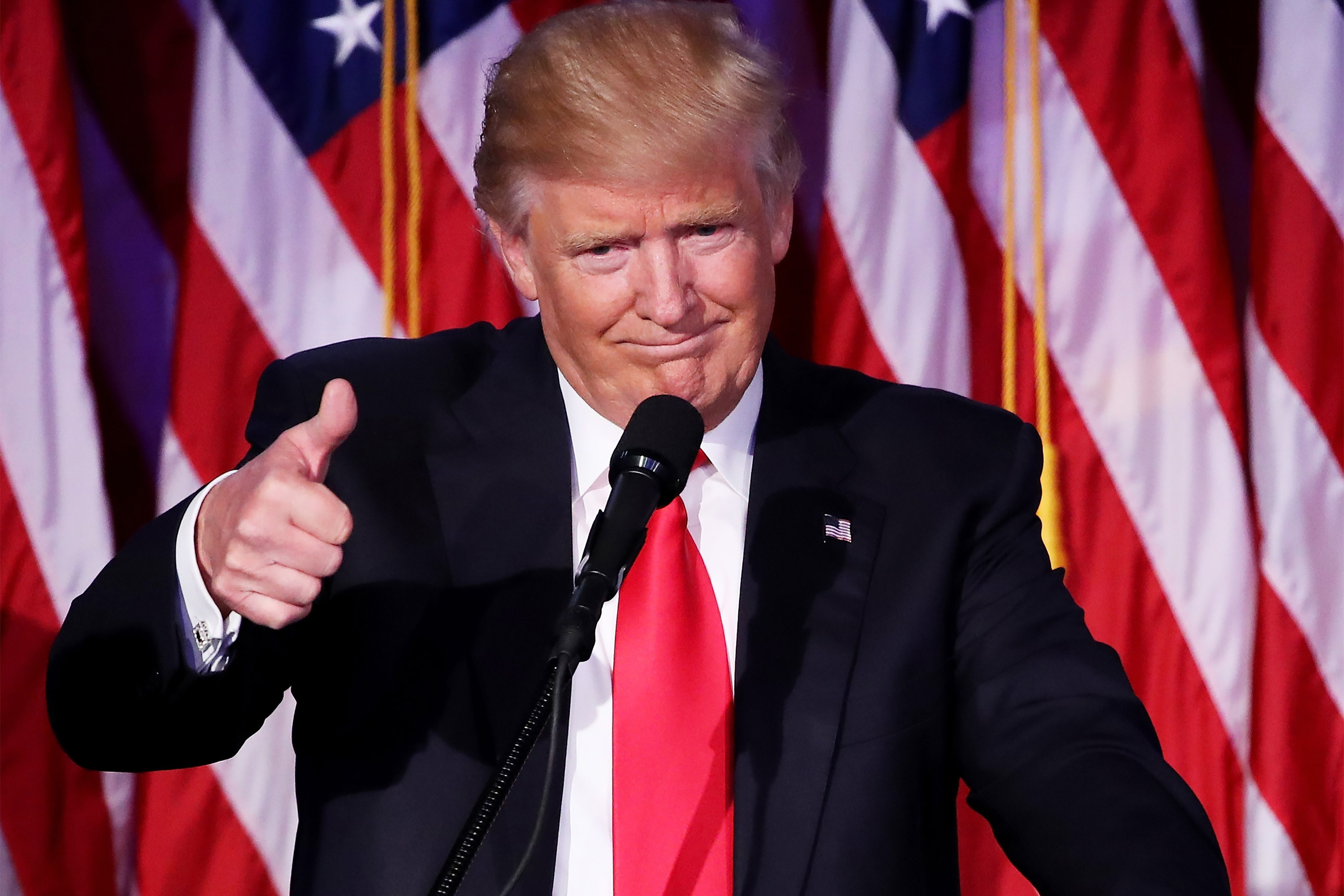
Donald Trump’s latest move – slapping sweeping tariffs on global imports – has sent a ripple (more like a tidal wave) across the world’s economies. He’s stuck a 10% tariff on most imports and a whopping 25% on goodies like steel, aluminium, and automobiles. While the UK wasn’t exactly in his crosshairs, we’re still catching a fair bit of friendly fire.
Economic Growth and Trade – Mind the (Growing) Gap
The International Monetary Fund (IMF) has had a look into its crystal ball and downgraded the UK’s 2025 growth forecast from 1.6% to a rather limp 1.1%. They’ve pointed the finger squarely at Trump’s tariffs, blaming them for a cocktail of weaker global demand and jittery investors. Meanwhile, Oxford Economics has added their voice, predicting UK GDP growth will dip below 1% this year, as reduced exports and general trade uncertainty put a dampener on things. Cheers, Donald.
Automotive and Steel Sectors – Trouble at T'Mill
The UK’s automotive and steel sectors have landed right in the firing line, facing 25% tariffs on exports to the US. Jaguar Land Rover, our local legends, have already had to halt shipments to the States. Bad news for Warwickshire and the West Midlands, where we proudly sit at the heart of Britain’s automotive industry.
And it's not just the big car makers feeling the pain. There's a whole ecosystem of smaller businesses – parts manufacturers, engineering consultancies, design specialists – that revolve around the big names like JLR. If the carmakers sneeze, hundreds of local suppliers could catch a cold. From machining firms in Redditch to tech consultants in Leamington Spa, the knock-on effects could be deep and wide.
And it’s not just cars – Scotland’s whisky industry, worth nearly £1 billion a year in exports to the US, is also feeling the squeeze with that 10% blanket tariff. First Brexit, now this. Anyone else feeling a strong urge for a stiff drink?
Inflation and Monetary Policy – Confused? You’re Not Alone
Normally, tariffs bump up prices – it’s just basic economics. But Megan Greene from the Bank of England says this time it might actually have a disinflationary effect (yes, really). Global demand is falling, commodity prices are slipping, and currencies are having a bit of a wobble, meaning the usual inflationary pressures might not materialise.
As a result, there’s a growing expectation that the Bank of England could cut interest rates as soon as May. If that happens, borrowing will become cheaper – potentially good news for businesses looking to invest, and a possible boost for the property market, which has been looking a little peaky of late. On the flip side, lower interest rates mean lower returns for savers and could add more volatility to the investment world. Buckle up, it could be a bumpy ride.
Financial Sector and Investment – Batten Down the Hatches
HSBC has already had a little wobble, putting aside an extra $200 million for bad loans. They’re not alone in fretting; the Bank of England is warning that Trump's tariffs could lead to more people and businesses defaulting on loans, and the overall quality of credit could take a dive.
On the slightly sunnier side, Sir Richard Branson reckons Britain’s looking more attractive to global investors (compared to the chaos across the pond). Apparently, we’re starting to look like the calm older sibling at the family reunion.
Political and Strategic Implications – Plot Twist!
Prime Minister Keir Starmer has described Trump’s latest move as "the end of the world as we knew it" – a bit dramatic, maybe, but he’s got a point. The UK government is now scrambling to forge new alliances and rethink trade strategy. Chancellor Rachel Reeves is deep in talks with US bigwigs, including Vice President J.D. Vance, about smoothing things over and maybe even crafting a shiny new trade agreement. There’s even chatter about tweaking the Digital Services Tax to avoid poking the American bear any further.
The Road Ahead – Potholes Galore
In short, Trump’s tariffs are expected to take a chunk out of UK economic growth, with sectors like automotive, steel – and all the supply chains supporting them – likely feeling it more than most. Here in Warwickshire and the West Midlands, we might feel the pinch harder than anywhere else.
Yes, there might be the odd silver lining with trade diversion and some extra foreign investment, but let’s not kid ourselves: overall, this isn’t good news.
To weather the storm, we’ll need sharp policy moves, clever trade negotiations, and frankly, a bit of good old-fashioned British grit.
Worried about what all this means for your business, your investments, or your next property move? Don’t bury your head in the sand – get in touch with us today on 01789 773 182 or e-mail [email protected]. We’re always happy to help (and we promise we won't mention Trump... much).





